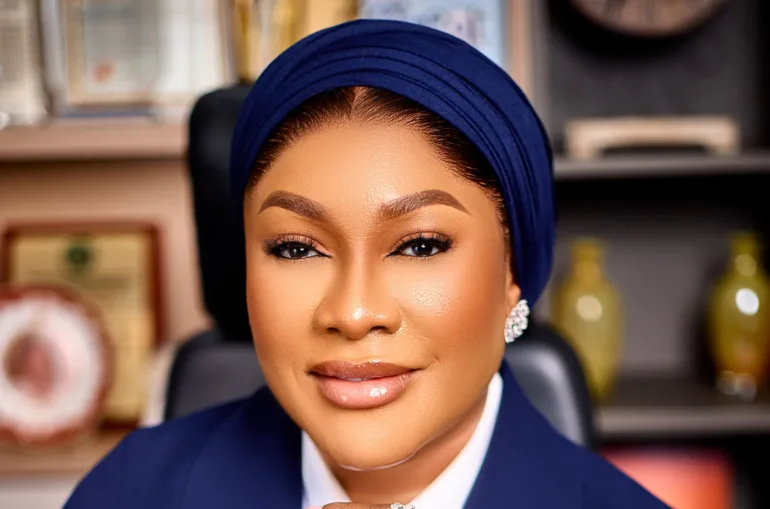Justice Inyang Ekwo of the Federal High Court, Abuja, has ordered businesswoman Aisha Achimugu to appear before the Economic and Financial Crimes Commission (EFCC) on Tuesday, April 29, 2025, for questioning in connection with an ongoing investigation.
The judge further directed that Achimugu must appear before the court on Wednesday, April 30, 2025.
The order followed a ruling on a suit filed by Achimugu against several law enforcement agencies, including the Nigeria Police Force, the Independent Corrupt Practices and Other Related Offences Commission (ICPC), the Department of State Services (DSS), the EFCC, the Nigeria Security and Civil Defence Corps (NSCDC), and the Nigeria Immigration Service (NIS).
According to a statement by EFCC spokesperson Dele Oyewale, the Commission opposed the suit, submitting a counter-affidavit by investigator Chris Odofin, which outlined serious allegations against Achimugu.
She is being investigated for alleged conspiracy, obtaining money by false pretence, money laundering, corruption, and possession of assets suspected to be proceeds of crime. The EFCC revealed that Achimugu initially honoured an invitation on February 12, 2024, gave a written statement, and was released on administrative bail through her lawyer and surety, Darlington N. Ozurumba.
However, she allegedly failed to comply with subsequent reporting conditions and instead filed a fundamental rights enforcement suit. In her statement, Achimugu reportedly described the inflow of ₦8.71 billion into her company’s accounts as investment funds intended for the acquisition of an oil block, transferred to the Federal Government through her firm, Oceangate Engineering Oil and Gas Limited, citing documentation from the Nigerian Upstream Petroleum Regulatory Commission (NUPRC).
Contrary to her claims, the EFCC said its findings revealed that Achimugu’s company actually acquired two oil blocks—Shallow Water PPL 3007 and Deep Offshore PPL 302-DO—for $25.3 million, allegedly paid in cash via bureau de change operators. The source of these funds, the Commission said, could not be traced to any lawful business activities.
The EFCC also accused Achimugu of using legal action to stall investigations, despite a previous ruling (Suit No. FHC/ABJ/CS/451/2024) that dismissed her fundamental rights claim. Further inquiries revealed she operates 136 bank accounts across ten banks, under both personal and corporate identities.
The Commission confirmed that it has continued its investigation by reaching out to several agencies—including the Corporate Affairs Commission (CAC), Federal Inland Revenue Service (FIRS), Land Authorities, Special Control Unit Against Money Laundering (SCUML), and the Central Bank of Nigeria (CBN)—with more evidence still being gathered and analysed.
The case resumes in court on Wednesday, April 30, 2025, with Achimugu expected to report to the EFCC a day earlier as ordered.


